News
-
 Health & Medicine
Health & MedicineAfter vaccinating 95 percent of adults, a Brazilian city is returning to normal
An experiment to vaccinate all adults against COVID-19 in Serrana shows that widespread immunization drastically cuts hospitalizations and deaths.
-
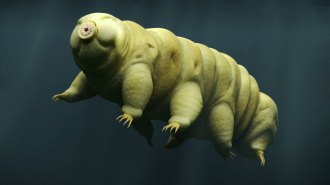 Life
LifeEven hard-to-kill tardigrades can’t always survive being shot out of a gun
A recent experiment put tardigrades’ indestructibility to the test by firing the critters at speeds up to 1,000 meters per second.
-
 Health & Medicine
Health & MedicineVaccinating people in developing countries costs far less than doing nothing
Shots for half the adults in those countries will cost $9.3 billion, the Rockefeller Foundation reports. Doing nothing could cost trillions.
-
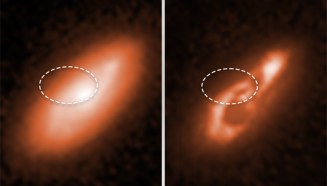 Astronomy
AstronomySome fast radio bursts come from the spiral arms of other galaxies
Tracking five brief, bright blasts of cosmic radio waves to their origins suggests their sources form quickly in regions with lots of star formation.
-
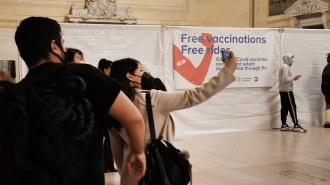 Health & Medicine
Health & MedicineHere’s what we know about the risks of serious side effects from COVID-19 vaccines
Allergic reactions, blood clots and possibly heart problems are rare and their risks don’t outweigh the benefits of getting vaccinated, experts say.
-
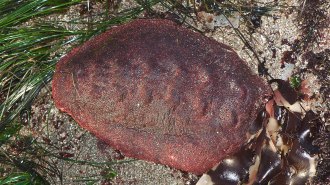 Animals
AnimalsThe teeth of ‘wandering meatloaf’ contain a rare mineral found only in rocks
The hard, magnetic teeth of the world’s largest chiton contain nanoparticles of santabarbaraite, a mineral never seen before in biology.
-
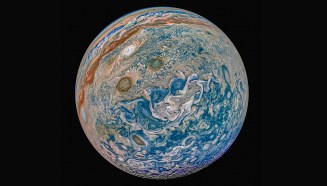 Planetary Science
Planetary ScienceLaser experiments suggest helium rain falls on Jupiter
Compressing a hydrogen and helium mixture with lasers shows that the two elements separate at pressures found within gas giant planets.
-
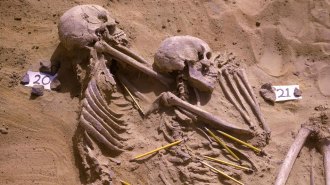 Anthropology
AnthropologyHunter-gatherers first launched violent raids at least 13,400 years ago
Skeletons from an ancient African cemetery bear the oldest known signs of small-scale warfare.
By Bruce Bower -
 Health & Medicine
Health & MedicineHere are answers to 3 persistent questions about the coronavirus’s origins
Calls to double down on investigations into where SARS-CoV-2 came from — nature or a lab accident — are rising as answers remain scarce.
-
 Particle Physics
Particle PhysicsIn a first, neutrinos were caught interacting at the Large Hadron Collider
Despite the LHC’s fame, all its detectors were oblivious to neutrinos. But not anymore.
-
 Climate
ClimateThe last 30 years were the hottest on record for the United States
Typical temps across large swaths of the country are now 1 to 2 degrees Fahrenheit higher than their 20th-century averages.
-
 Neuroscience
NeurosciencePlaying brain training games regularly doesn’t boost brainpower
Comparing brain training program users with those who don’t do the mini brain workouts, scientists found no proof that the regimens boosted brainpower.